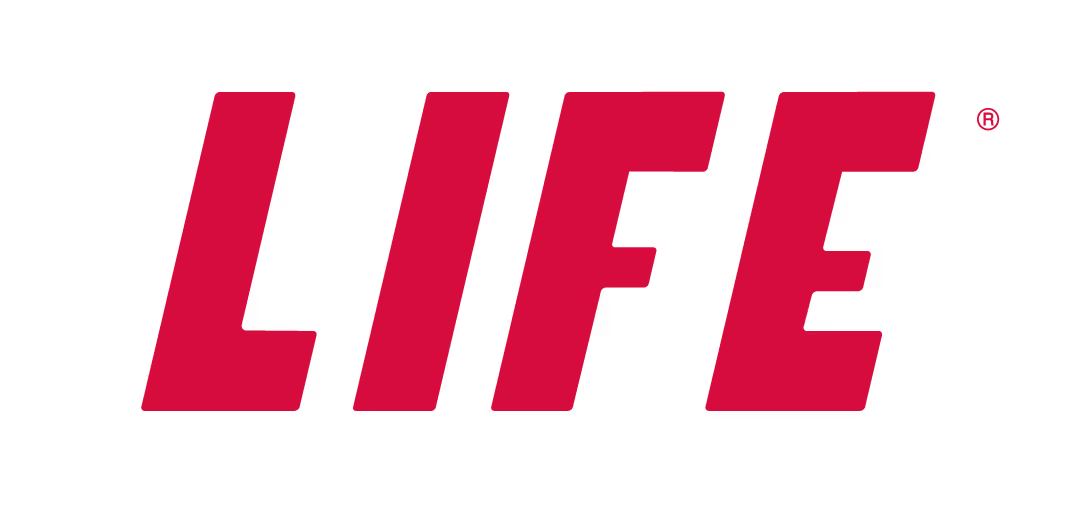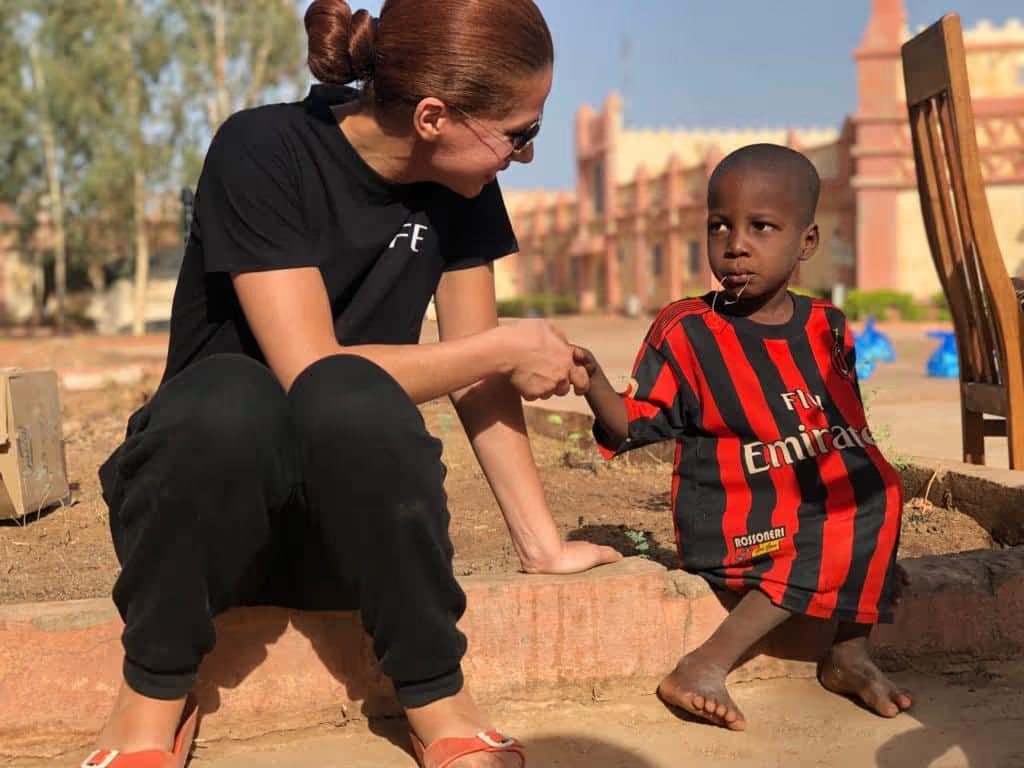Human rights: current challenges

Human rights are not just principles, they are the unshakeable foundation on which our society is based! Formalized in the 18th century. Defined in the Declaration of the Rights of Man and of the Citizen of 1789. Set out in the Universal Declaration of Human Rights adopted by the United Nations in 1948. They establish dignity, freedom and equality as rights written into the DNA of all of us, of each individual, regardless of nationality, gender, religion, language, etc.
But what about today? What are the new challenges? How can we work together to respect fundamental human rights in order to contribute to a better and fairer future for all?
Diversity and inclusion, pillars of human rights
The promotion of inclusion and diversity: this is one of the major current challenges in the field of human rights. Recognition of gender equality, but also of ethnic, religious and sexual minorities, and people with disabilities ! Many movements are working on it, and are gaining more and more ground. Their actions raise awareness day after day. They pave the way for more tolerant, more inclusive societies where each person has the opportunity and freedom to reach their full potential.
At LIFE, we support communities in different countries in the process of socio-political and economic empowerment of a segment of their population that is particularly in need: women and young women. With the installation of wells in villages for example, women who had to walk long hours to fetch water can now engage in more productive activities or paid work. These sinks contribute to their empowerment and the promotion of gender equality. Also, by distributing bicycles to young girls living in rural areas, such as in Bangladesh, we enable them to reach school safely and to attend school regularly to build their future.

Social and economic justice, the heart of fundamental human rights
At the heart of fundamental human rights is the search for social and economic justice. A multitude of movements and initiatives are rising to make their voices heard. Calls and operations aimed at reducing inequalities and fighting discrimination in all its forms are increasing. They work to equitable distribution of resources, access for all to education and health care, decent working conditions, etc.. As they grow stronger, they offer reasons for optimism. They carry a message of hope. States, businesses and citizens are becoming increasingly involved and cooperating to find innovative solutions that limit economic inequalities and guarantee an adequate standard of living for all.
Technology and human rights
The power of digital technology at the service of human rights
Internet, social networks, all these technologies are now part of our daily lives. When it comes to defending human rights, they can be powerful tools. You must have all seen a call for witnesses or donations on social networks! Facebook, Twitter, Google can provide valuable support and possible solutions in many situations. All offer a communication space that allows formerly silent voices to be heard on a global scale. These platforms are a way to quickly make a large number of people aware of human rights violations. Thanks to them, we can mobilize in record time and defend causes that are dear to us.
New legal issues related to digital technology
The constant evolution of digital technologies is confronting us with new problems and the need todevelop new legal frameworks to ensure the protection of human rights. The line between innovation and privacy protection, for example, can be very blurred. Our personal data may be recorded, analyzed, and used by businesses and governments. Is digital surveillance compatible with human rights? It can call into question the right to privacy!
And if the Internet allows freedom of expression, it also poses challenges in terms of misinformation and censorship. Faced with all these new challenges, a road map was implemented by the United Nations. It aims to coordinate the efforts of governments, businesses and all stakeholders to ensure equitable and inclusive use of digital technologies.

The right to a healthy environment, the right to life
We all want to live in a healthy environment. But do you know thatit is in fact a fundamental right that has become an essential component of human rights ? The quality of our environment has a direct impact on our well-being and our ability to fully enjoy our human rights. Air, water or soil pollution can have serious consequences for human health, thus violating the right to life, to health.

A few words of history
This human right to a healthy environment is not new, even if with climate change, the decline of biodiversity and other challenges in recent decades, it is still more relevant. Its beginnings date back to the 1970s, in particular with the Stockholm Conference. Then, many states incorporated it into their national laws and it is found in several declarations and international conventions.
The current challenges of the right to a healthy environment
However, violations of fundamental human rights directly linked to environmental problems have increased significantly since the 1970s. Demands for a healthy environment, and even the related freedom of expression, are frequently threatened. Despite progress, challenges therefore remain. And it is often the most vulnerable individuals and communities who bear the brunt of the harmful effects of environmental damage.
Many questions remain unanswered, such as those of implementation, accountability and international coordination. The balance between economic development and environmental protection is also at the heart of the debates.
States, governments, businesses, associations, citizens. We must all allow people to have effective remedies in the event of violations. They must have the opportunity and the freedom to defend their fundamental human rights in the face of actions or policies that are harmful to the environment.
The indispensable international cooperation
Our world is increasingly interconnected. International cooperation plays an essential role in the promotion and protection of human rights. The collaboration of states, NGOs and all actors of civil society supports this global cause. By continuing to work for human rights diplomacy, we contribute to the development of common standards and the resolution of challenges at the international level. Together, we are building a future where respect for human rights is at the heart of what we do.
Today's human rights challenges are complex, but there are plenty of reasons for optimism. Every step forward we take is a victory for a society that is fairer, freer and more respectful of each person. Together, we can all take action to create a future where justice, inclusion, and the defense of fundamental human rights are at the heart of our lives. It is by joining forces that we can truly change the world.
Join us and, together, let's take action to uphold human rights around the world.



.avif)





